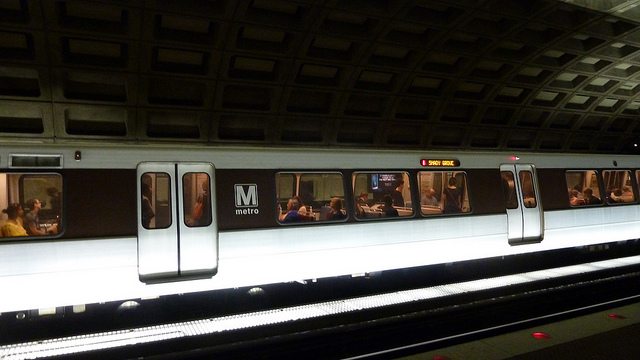Effective June 29th Metro Fare prices increased slightly making cost of transportation an even greater problem for D.C.’s low income population. Programs around the city are working to provide transportation services to those in need.
“It’s such a difficult thing. [Low income people] don’t want to spend all their money on transportation but they also don’t want to walk for miles in this heat,” noted Samira Tella, a case manager for Miriam’s Kitchen, in explaining the barrier of the cost of transportation.
Social service agencies such as Miriam’s Kitchen, Thrive DC, and the Father McKenna Center provide their clients with metro tokens. Tella stressed the limited number of tokens they have due to funding. Miriam’s Kitchen offers one token per person per week and additional tokens for medical appointments and job interviews. The agencies have not yet determined whether the cost of tokens will increase in light of the fare hike.
Transportation assistance is sparse. The Community Council for the Homeless at Friendship Place provides fare cards to those in their job placement program, AimHire. The program FareShare, offers donated SmarTrip cards to homeless veterans staying at the shelter Ignatia House.
Metro Bus fares for SmarTrip holders increased from $1.60 to $1.75 and $1.80 for those paying in cash. Metro Rail prices still vary from time of day to length of trip. Price increases range from 5 to 15 cents. One dollar is still added to the fare of paper cards.
Prices for the Reduced Fare Program, offered to senior and disabled Metro riders, have also been altered. Metro Bus fares have risen by five cents. Metro Rail prices are still half the price of the now-increased peak fares.




